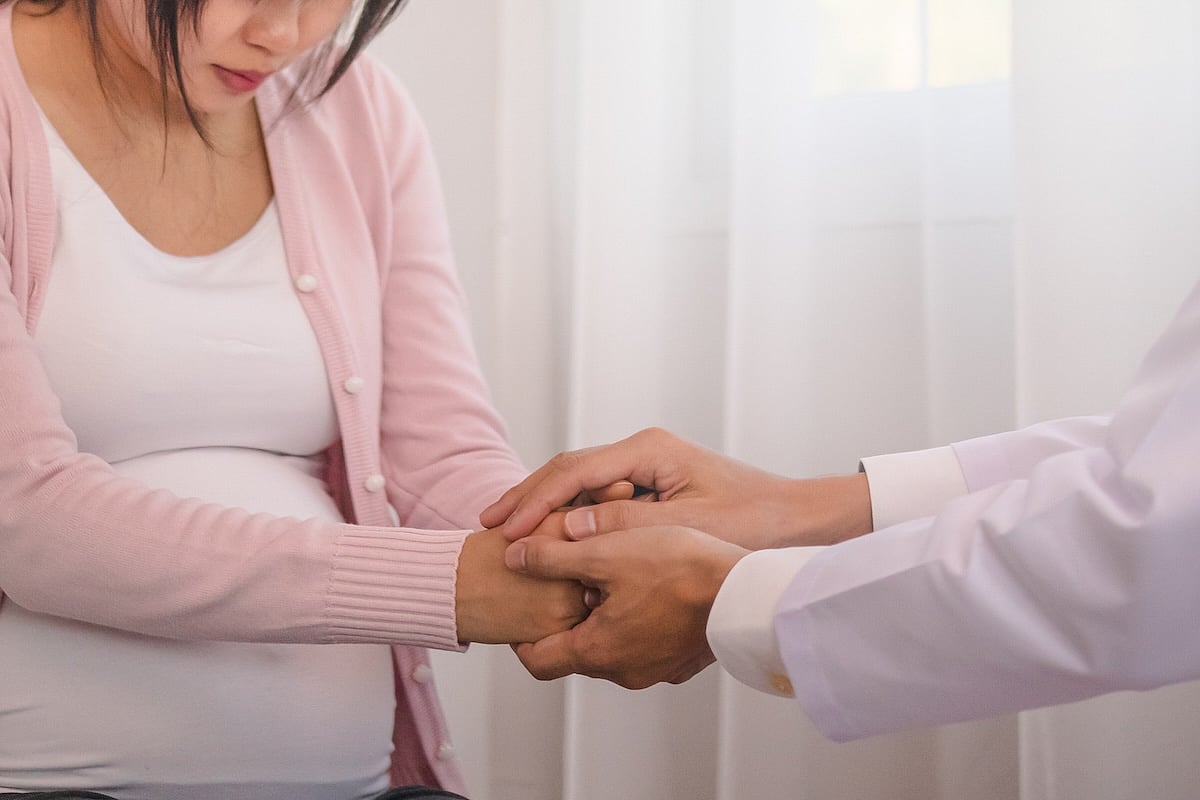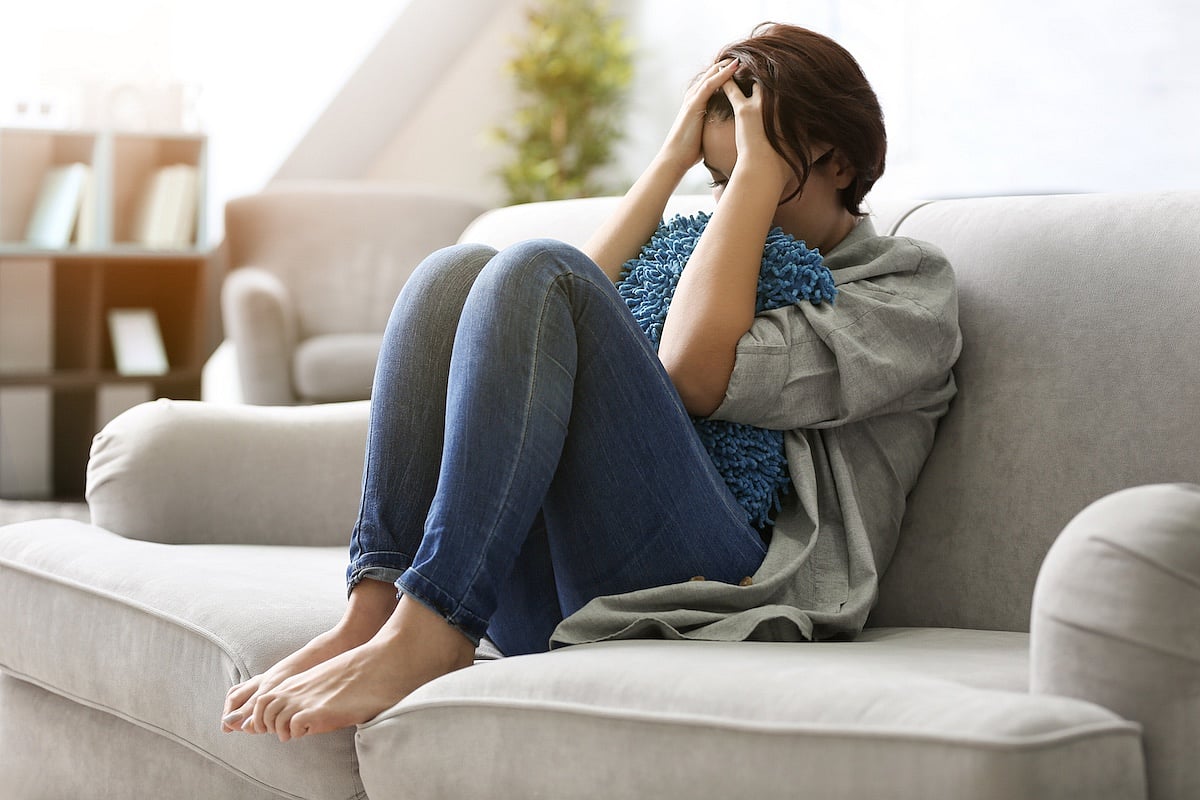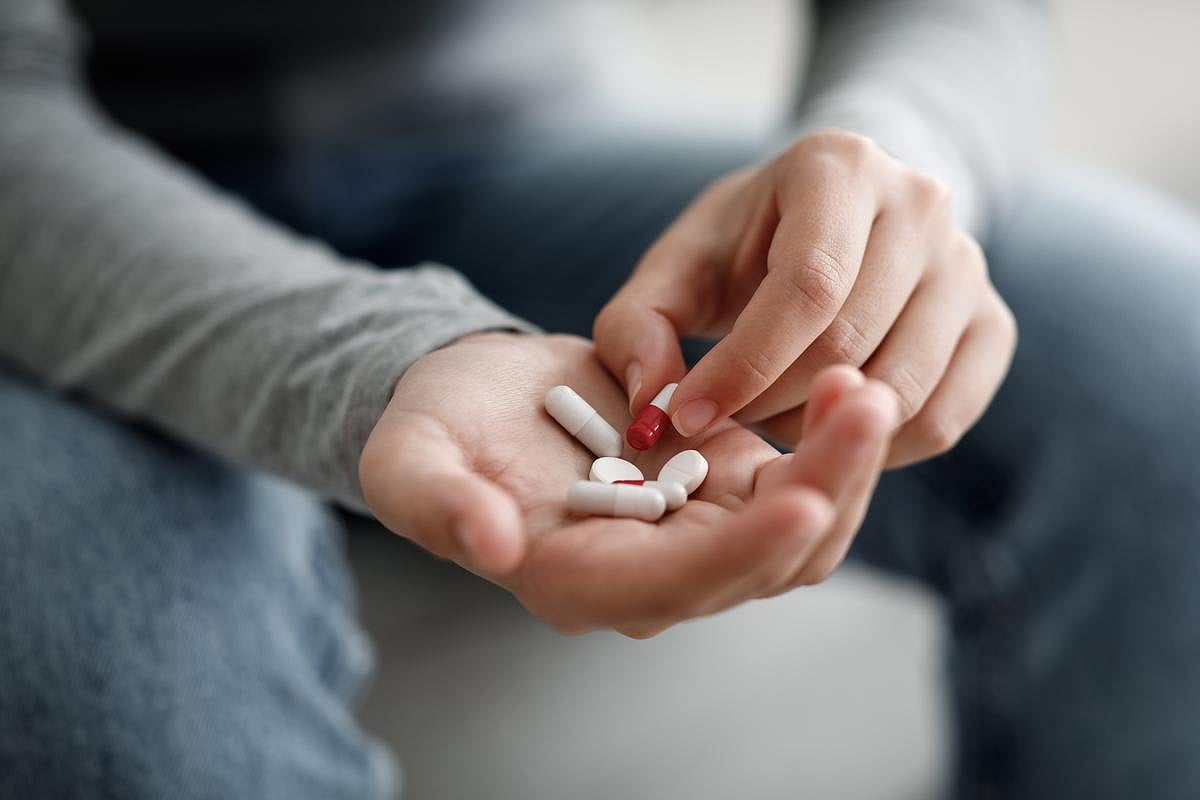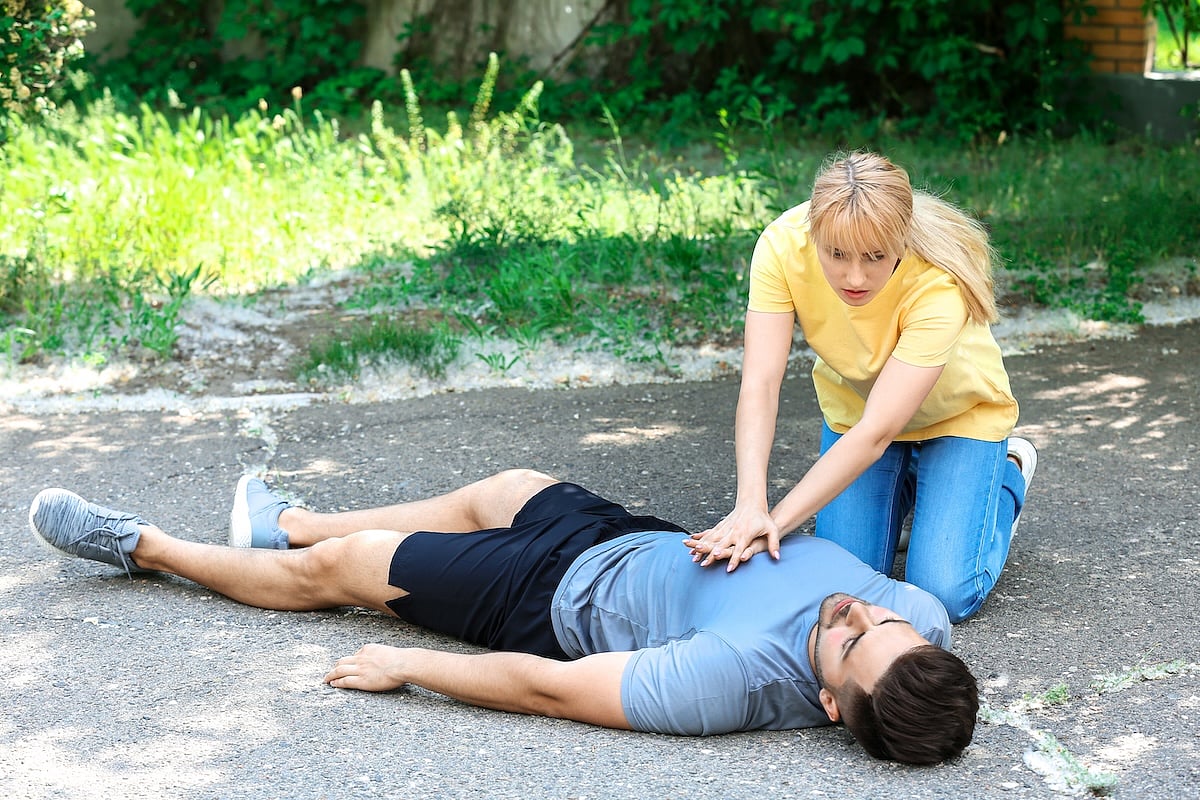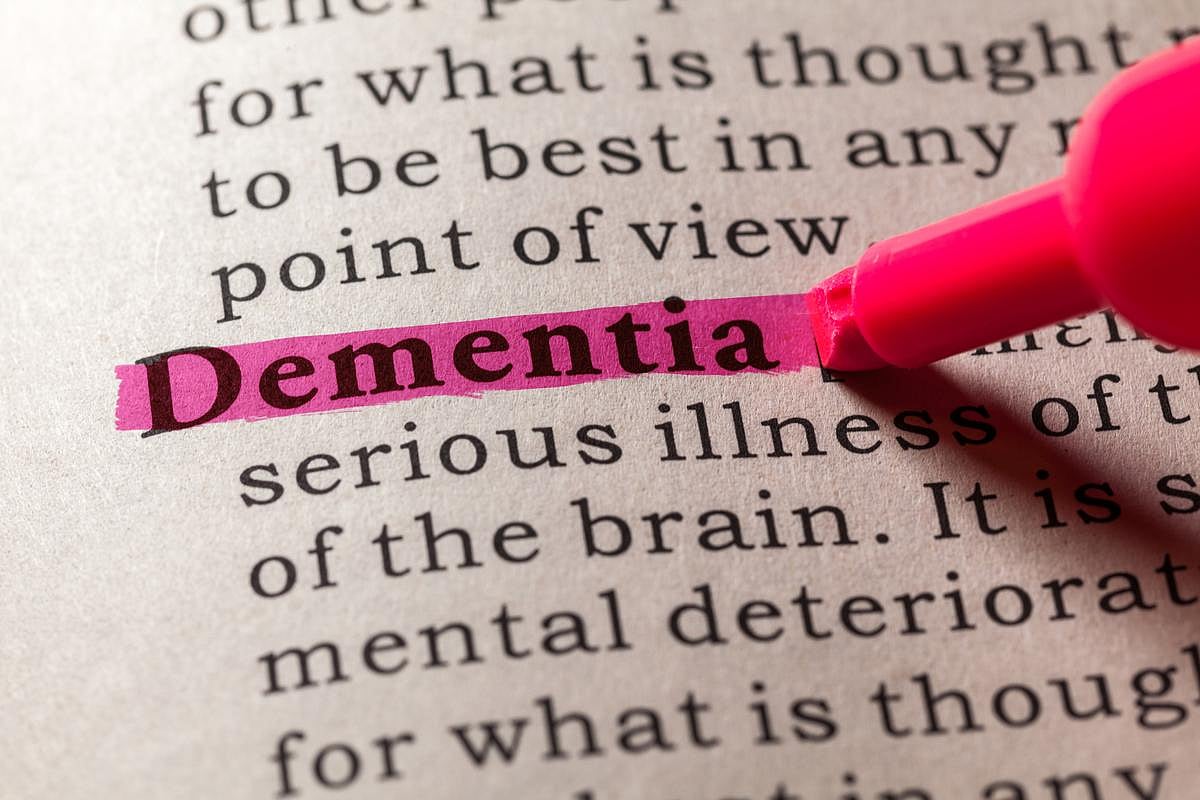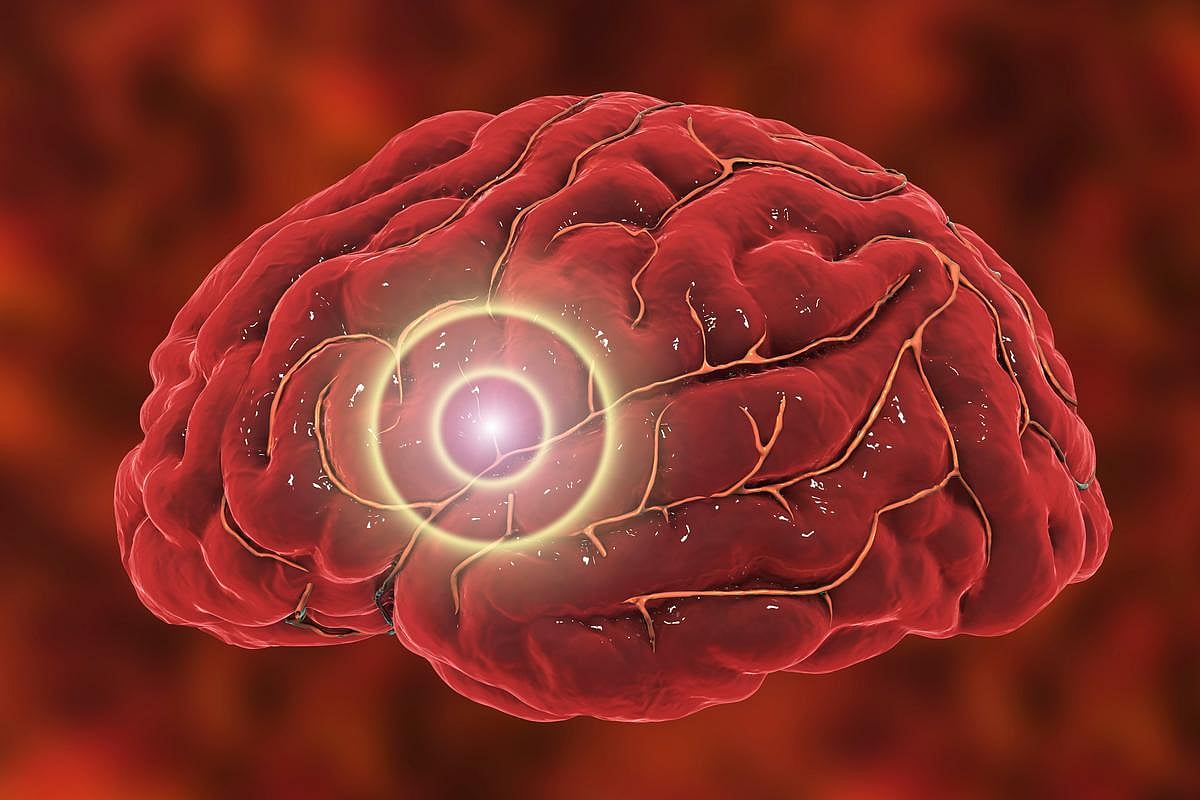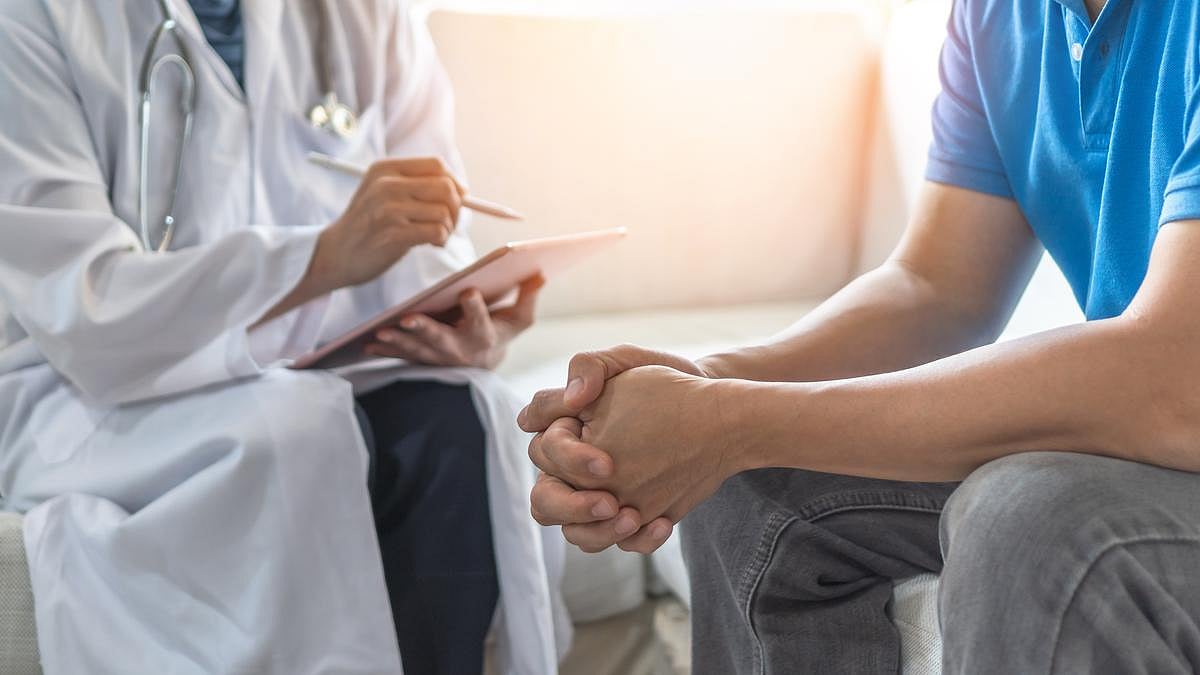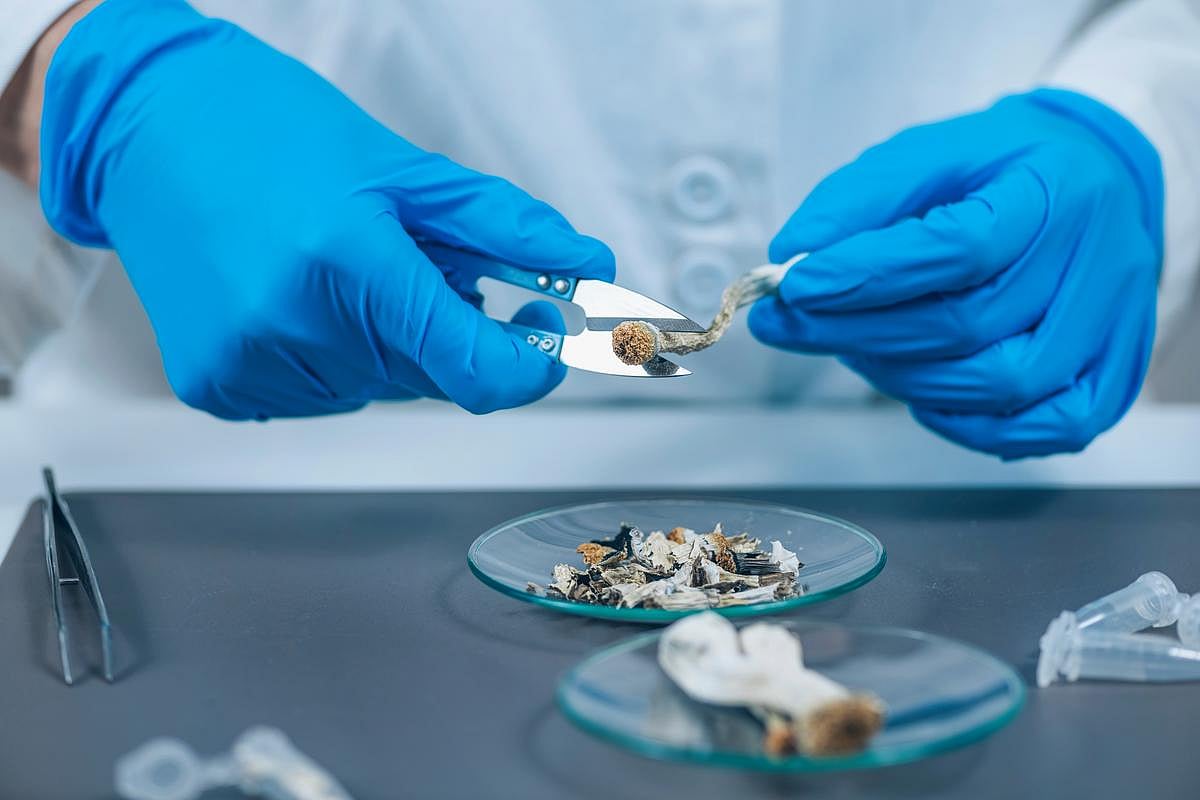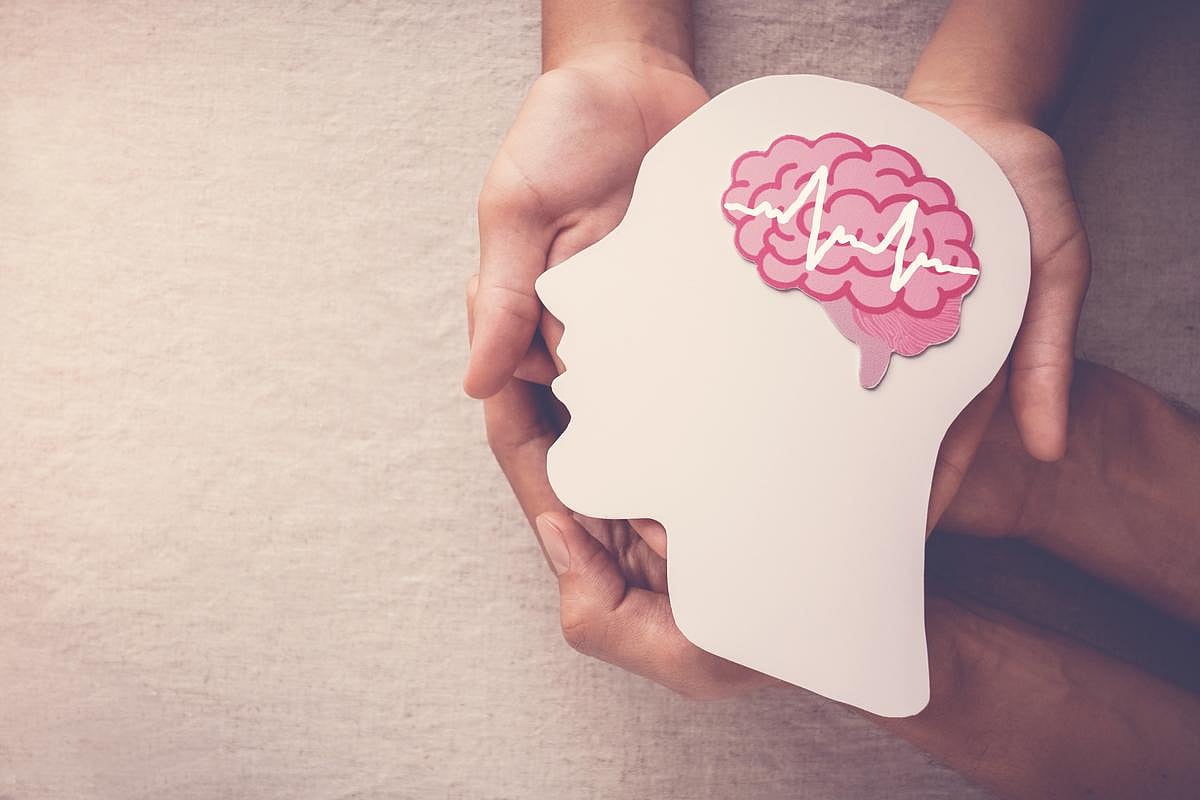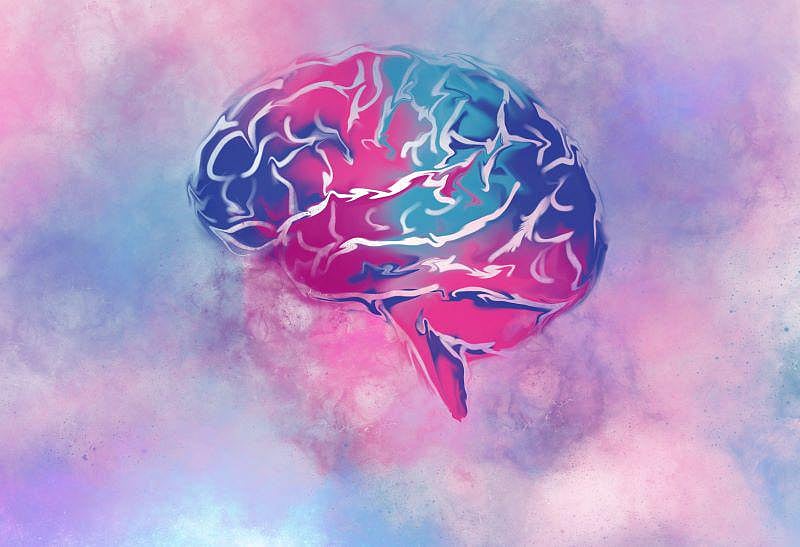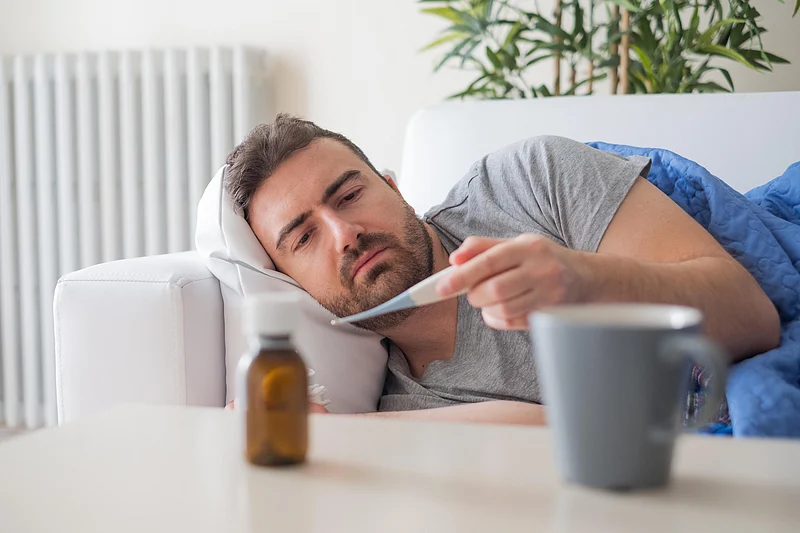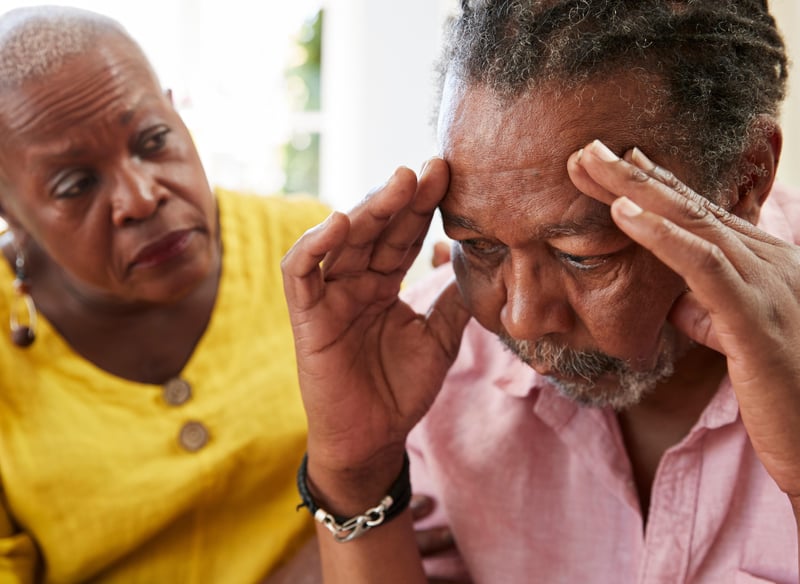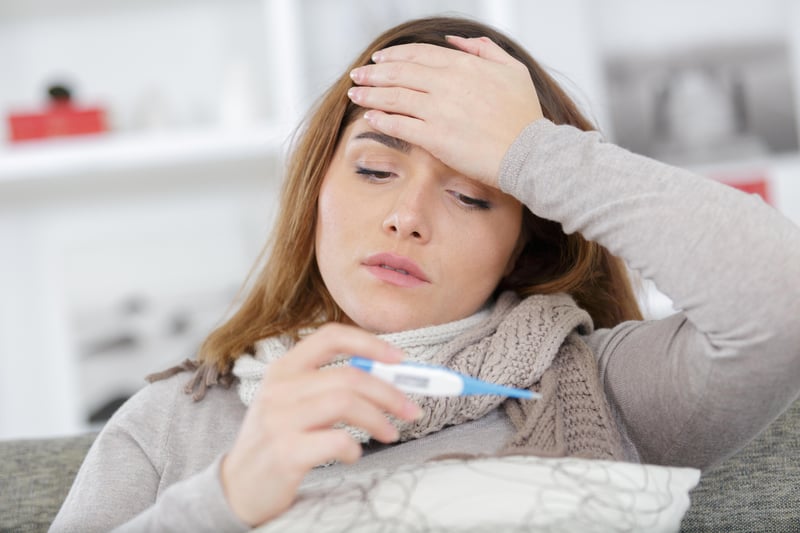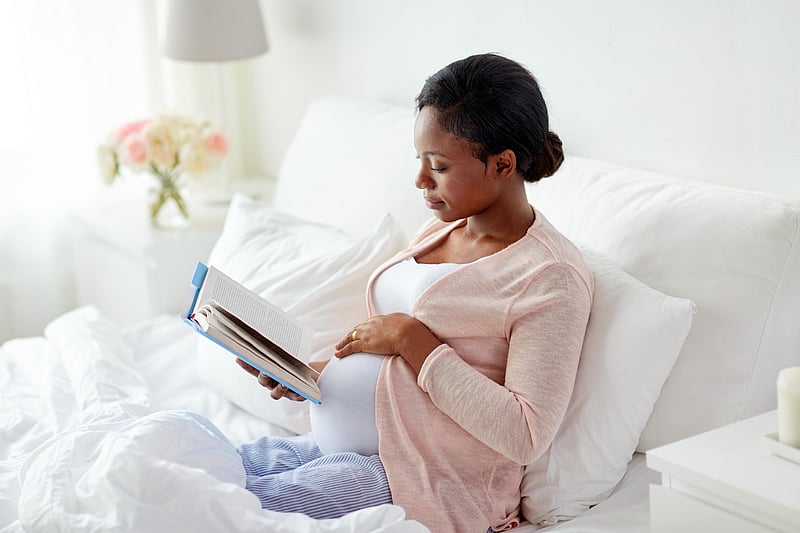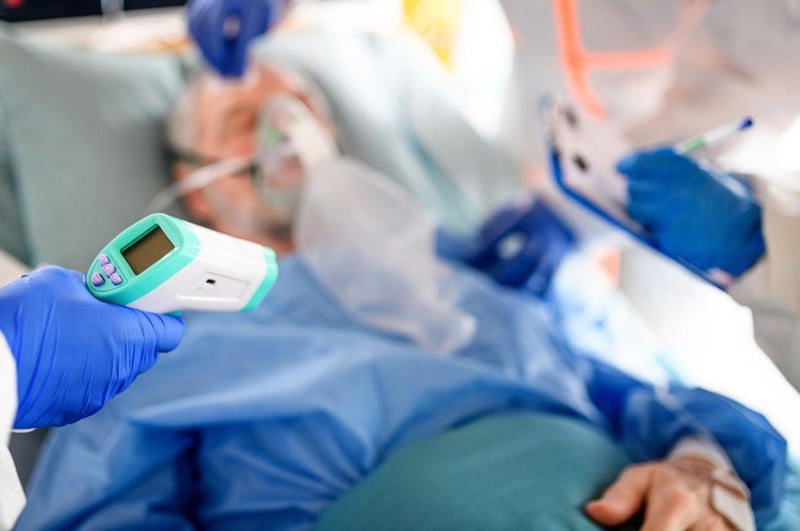Patient Resources
Get Healthy!
Results for search "Antidepressants".
10 Jul
Severe Withdrawal From Antidepressants Uncommon, Study Finds
A review of 50 clinical trials on antidepressants and withdrawal concludes most patients experience one additional symptom, the most common being dizziness and nausea.
30 Jun
Regular Exercise Helps Ease Kids’ Depression and Anxiety
A new study finds exercise decreases symptoms of depression and anxiety in children and teens – and may offer an alternative to antidepressants.
Health News Results - 44
Mental Health Risk Doubled For Women Who Quit Antidepressants During Pregnancy
- Dennis Thompson HealthDay Reporter
- February 12, 2026
- Full Page
Women who stop taking prescribed antidepressants during pregnancy are playing games with their mental health, a new study says.
Pregnant women who quit their antidepressants are nearly twice as likely to experience a mental health emergency compared to those who keep tak...
Young People At Risk From Psychiatric Drug Combos, Study Says
- Dennis Thompson HealthDay Reporter
- February 9, 2026
- Full Page
About 1 in 4 young people could be at risk from prescription medicines they’re taking for psychiatric conditions, new research shows.
About 26% of children and young adults taking these meds have been prescribed a combination that could cause serious drug interacti...
Keto Diet A Potential Treatment For Depression, Trial Shows
- Dennis Thompson HealthDay Reporter
- February 6, 2026
- Full Page
The keto diet might help ease depression in people who aren’t responding to antidepressants, a new study reports.
People prescribed a keto diet had slightly lower symptoms of depression ...
Depressed? Exercise Works As Well As Talk Therapy, Antidepressants, Evidence Suggests
- Dennis Thompson HealthDay Reporter
- January 8, 2026
- Full Page
Depressed folks might benefit as much from working out as they would from resting on a therapist’s couch, a new evidence review says.
Exercise appears to relieve symptoms of depression t...
Some Can Slowly Taper Off Antidepressants Without Risk Of Relapse, Review Concludes
- Dennis Thompson HealthDay Reporter
- December 15, 2025
- Full Page
It’s safe to slowly taper some people off antidepressants after their depression fades, rather than continuing the drugs indefinitely, a new evidence review says.
People who slowly taper...
Some Antidepressants Linked to Weight, Heart Health Changes
- I. Edwards HealthDay Reporter
- October 23, 2025
- Full Page
Antidepressants are widely used to treat depression and anxiety, but a new study finds that some of these medications can cause noticeable changes in weight, heart rate and cholesterol levels.
Antidepressant Withdrawal Not As Severe As Thought, Evidence Review Says
- HealthDay Reporter
- Dennis Thompson
- July 11, 2025
- Full Page
People typically don’t suffer severe withdrawal symptoms or fall into depression immediately after they stop taking antidepressants, a new evidence review says.
There had been concerns t...
Antidepressants Linked To Sudden Cardiac Death
- HealthDay Reporter
- Dennis Thompson
- April 4, 2025
- Full Page
Antidepressants appear to increase people’s risk of sudden cardiac death, a new study says.
People taking the mood meds are more likely to die suddenly from heart problems, and their risk rises the longer they’re on the drugs, according to findings presented ...
Antidepressants Might Accelerate Dementia Decline
- HealthDay Reporter
- Dennis Thompson
- February 25, 2025
- Full Page
TUESDAY, Feb. 25, 2025 (HealthDay news) -- Antidepressants are frequently prescribed to people with dementia for symptoms like anxiety, depression, aggressivene...
At-Home Brain Stimulation Treatment Can Safely Ease Depression
- HealthDay Reporter
- Dennis Thompson
- October 22, 2024
- Full Page
At-home brain stimulation therapy can safely and effectively treat severe to moderate depression, a new clinical trial shows.
Rates of treatment response and d...
Were FDA's 'Black Box' Warnings on Antidepressants a Mistake? Youth Suicides Rose Afterwards
- HealthDay Reporter
- Dennis Thompson
- October 8, 2024
- Full Page
"Black Box” warnings added to antidepressants might have contributed to an increase in suicide attempts and deaths among young people, ...
Psilocybin Equals or Exceeds SSRI Antidepressants at Easing Depression
- HealthDay Reporter
- Dennis Thompson
- September 23, 2024
- Full Page
Psilocybin, the active ingredient in magic mushrooms, appears to ease depression symptoms at least as well as one of the most commonly used antidepressants, a new clinical...
Could Antidepressants Give Memory a Boost?
- HealthDay Reporter
- Dennis Thompson
- September 23, 2024
- Full Page
Antidepressants have the potential to improve memory and thinking skills, a new study suggests.
Some patients experienced a boost on brain tests after taking the SSR...
Are Antidepressants Being Overused to Treat Seniors' Pain?
- HealthDay Reporter
- Ernie Mundell
- September 20, 2024
- Full Page
Doctors sometimes turn to antidepressants as a means of easing older people's physical pain, but a new expert review finds there's little evidence to support the practice.
Antidepressants may even come with hazards for seniors who don't need them, said researchers from t...
When It Comes to Weight Gain, Not All Antidepressants Are the Same
- HealthDay Reporter
- Dennis Thompson
- July 3, 2024
- Full Page
Weight gain is a common side effect of antidepressants, but some types cause people to pack on pounds more than others, a new study says.
Bupropion users are 15% to ...
Slow-Release Ketamine Pill Eases Depression: Study
- HealthDay Reporter
- Dennis Thompson
- June 25, 2024
- Full Page
A new slow-release pill form of ketamine can quell hard-to-treat depression without producing psychedelic side effects normally associated with the drug, early research ...
1 in 6 Patients Who Quit Antidepressants Get 'Discontinuation Symptoms'
- HealthDay Reporter
- Dennis Thompson
- June 7, 2024
- Full Page
Roughly 1 in 6 people who stop taking an antidepressant will experience symptoms caused by discontinuing the drug, a new review finds.
However, only 1 in 35 will exp...
Quick Withdrawal From Antidepressants Can Take Emotional, Cognitive Toll
- HealthDay Reporter
- Dennis Thompson
- January 19, 2024
- Full Page
People coming off antidepressants often struggle with emotional and social turmoil, especially if they quit their meds cold turkey, a new study reports.
Challenges reported by patients quitting antidepressants included feeling overwhelmed by their emotions, finding socia...
Postpartum Depression Pill Now Available to Women, Drug Maker Says
- HealthDay Reporter
- Robin Foster
- December 15, 2023
- Full Page
The first postpartum depression pill approved for use in the United States is now available to women who need it, the drug's makers announced Thursday.
Sold under the name Zurzuvae, the medication can quickly ease severe postpartum depression and help women regain their ...
New Postpartum Depression Drug Comes With Hefty Price Tag
- HealthDay Reporter
- Robin Foster
- November 8, 2023
- Full Page
WEDNESDAY, Nov. 8, 2023 (Healthday News) -- A new drug to treat postpartum depression will cost nearly $16,000 for a 14-day course of treatment, a price tag that has doctors worried that some patients won't be able to afford the medication.
Zurzuvae (zuranolone) was firs...
Ketamine's Antidepressant Benefit: Is It All in Your Head?
- HealthDay Reporter
- Cara Murez
- October 24, 2023
- Full Page
The party drug ketamine has gotten a lot of notice for its potential to help people with severe and persistent depression who haven't responded to other treatments.
But a new study has discovered the drug's effect may be in the heads of patients who take it.
Resear...
Commonly Used Drug Might Be New Treatment Option for IBS
- HealthDay Reporter
- Cara Murez
- October 18, 2023
- Full Page
An inexpensive medication long used for depression and migraines now has a clinical trial to back up its off-label use for another condition that lowers quality of life: irritable bowel syndrome (IBS).
In the study, British researchers found that those taking amitriptyli...
Some Antidepressants Take Weeks to Kick In, and Scientists May Now Know Why
- HealthDay Reporter
- Cara Murez
- October 12, 2023
- Full Page
Most folks know that certain antidepressants have to be taken for a few weeks before people start seeing improvement, and now a new study sheds light on that delay.
Scientists have discovered this is because of physical changes in the brain that unfold over those first f...
Running vs. Meds: Which Works Best to Beat Depression?
- HealthDay Reporter
- Alan Mozes
- October 9, 2023
- Full Page
Exercise has been dubbed "nature's antidepressant" by doctors for years, and now a new study confirms the notion.
The finding follows a four-month look at the impact that running had on anxiety and depression when compared to a common antidepressant.
SSRIs (selecti...
Study Debunks Notion That Antidepressant Might Ease COVID Symptoms
- HealthDay Reporter
- Cara Murez
- September 18, 2023
- Full Page
A clinical trial designed to test repurposed medications for their impact on fighting COVID-19 has found no benefit to taking the antidepressant fluvoxamine (Luvox) to ease coronavirus symptoms.
The study, led by Duke Clinical Research Institute (DCRI) in partnership wit...
Antidepressants for Postpartum Depression Could Mean Better Mental Health for Kids, Too
- HealthDay Reporter
- Cara Murez
- August 30, 2023
- Full Page
If you are a new mom struggling with postpartum depression, taking antidepressants known as selective serotonin reuptake inhibitors (SSRIs) may also bear benefits for your child's development.
That's according to new research that found the medications were associated wi...
Could Ativan Pose Harm to People Battling Pancreatic Cancer?
- HealthDay Reporter
- Cara Murez
- August 17, 2023
- Full Page
Sometimes patients with pancreatic cancer are prescribed the benzodiazepine lorazepam (Ativan) for anxiety, but that may be harming their health.
A new study found this treatment was linked to worse outcomes, with shorter survival times and faster disease progression. <...
Extended Use of Antidepressants May Help People With Bipolar Depression
- HealthDay Reporter
- Dennis Thompson
- August 10, 2023
- Full Page
Modern antidepressants could be effective for long-term treatment of some patients with bipolar disorder, a new trial suggests.
Current guidelines discourage use of antidepressants in these patients, over concerns that the drugs will trigger a manic episode.
But bi...
The Most Common Depression Medications, Explained
- HealthDay Reporter
- Ann Schreiber
- May 26, 2023
- Full Page
You've been diagnosed with depression. What's next?
The cornerstone of treatment remains antidepressants, so it's likely your doctor will prescribe one for you, but which one might be best?
You will join millions around the world who struggle with how to treat the ...
Depression Treatments: Medications, Lifestyle Changes & More
- HealthDay Reporter
- Ann Schreiber
- May 25, 2023
- Full Page
Depression is a debilitating condition that can leave its millions of sufferers in despair.
Globally, an estimated 5% of adults suffer from depression, according to the World Health Or...
For Seniors on Antidepressants, Adding a Drug May Work Better Than Switching
- HealthDay Reporter
- Denise Mann
- March 10, 2023
- Full Page
Many older adults with depression don't respond to their first antidepressant, so doctors will switch them to another one to see if that does the trick.
Now, new research suggests that the best strategy for these folks may instead be to add the antipsychotic drug A...
Doctors Often Prescribe Antidepressants for Pain, But Do They Really Work?
- HealthDay Reporter
- Dennis Thompson
- February 2, 2023
- Full Page
Antidepressants are often prescribed to people suffering from chronic pain, but a new evidence review argues that the science behind these prescriptions is shaky at best.
These drugs helped people in chronic pain in only a quarter of potential uses tested, and even then ...
Depression Treatment Starts Changing the Brain Within 6 Weeks
- HealthDay Reporter
- Cara Murez
- November 2, 2022
- Full Page
New research reveals that the brain is much more flexible than once thought and can change rapidly during treatment for major depression.
People receiving inpatient treatment for major depression had increased brain connectivity after just six weeks, German researchers r...
Study Debunks Use of Antidepressant Luvox as COVID Treatment
- HealthDay Reporter
- Cara Murez
- October 20, 2022
- Full Page
A study testing drugs that are used for other conditions for their potential in treating COVID-19 has found that the antidepressant fluvoxamine (brand name Luvox) offered no benefit, at least at an initial smaller dose.
Study participants took 50 mg of the medication twi...
With 'Chemical Imbalance' Theory in Doubt, What's Next for Depression Care?
- HealthDay Reporter
- Serena McNiff
- September 6, 2022
- Full Page
TUESDAY, Sept. 6, 2022 (HealthDay Now) -- For Mary Christ, the idea that depression is a chemical imbalance in the brain has always felt true to her personal experience.
A former educator, C...
No Link Between Antidepressants in Pregnancy, Epilepsy in Children
- HealthDay Reporter
- Robert Preidt
- May 12, 2022
- Full Page
There's good news for women with a mental health condition: Taking antidepressants early in pregnancy doesn't increase a baby's risk of having epilepsy or seizures, researchers say.
"The findings of this study are very important," said study co-author Ayesha Sujan of Ind...
In Long Run, Antidepressants Don't Improve Quality of Life: Study
- HealthDay Reporter
- Alan Mozes
- April 20, 2022
- Full Page
Millions of Americans take antidepressants to combat low moods. But a large, new study suggests that these medications over time may do little to improve overall quality of life.
"We found the change in health-related quality of life to be comparable or similar between p...
Certain Meds Raise Odds for Delirium After Surgery
- HealthDay Reporter
- Robert Preidt
- December 13, 2021
- Full Page
Older adults have a higher risk of delirium after hip and knee surgery if they're taking anxiety, depression or insomnia drugs, researchers say.
"Our findings show that different classes of medicine are riskier than others when it comes to causing delirium after surgery,...
Many Psychiatric Patients Are Getting Risky Drug Gabapentin 'Off-Label'
- HealthDay Reporter
- Amy Norton
- November 22, 2021
- Full Page
Most prescriptions for the medication gabapentin are for unapproved uses -- and many patients end up taking it along with drugs that create potentially dangerous interactions.
That's the conclusion of a new study that looked at "off-label" use of gabapentin. In the Unite...
Certain Antidepressants Appear to Curb Severe COVID-19
- HealthDay Reporter
- Alan Mozes
- November 15, 2021
- Full Page
Certain commonly prescribed antidepressants appear to substantially lower the risk of dying among seriously ill COVID-19 patients, a large new study indicates.
Selective serotonin reuptake inhibitors (SSRIs) are among the most widely prescribed drugs for the treatment of...
Placebo Effect Plays Big Role in Antidepressant's Impact on Anxiety: Study
- HealthDay Reporter
- Ernie Mundell and Robert Preidt
- November 10, 2021
- Full Page
Illustrating the power of the mind to heal itself, new research suggests that the placebo effect could help drive antidepressants' effects against anxiety disorders.
The placebo effect refers to an increase in the success of a treatment when a patient expects a benefit.<...
Cheap Antidepressant Might Help Keep COVID Patients Out of Hospital
- HealthDay Reporter
- Ernie Mundell and Robert Preidt
- October 28, 2021
- Full Page
A cheap and widely available antidepressant drug called fluvoxamine may reduce COVID-19 patients' risk of serious illness requiring hospitalization, according to a new study.
The trial included almost 1,500 unvaccinated outpatients in Brazil. All of the patients tested p...
Antidepressants Plus Common Painkillers May Raise Bleeding Risk
- HealthDay Reporter
- Steven Reinberg
- October 26, 2021
- Full Page
Antidepressants called selective serotonin reuptake inhibitors (SSRIs) are a mainstay of depression treatment, but a new study warns that taking common painkillers alongside SSRIs may raise the chances for intestinal bleeding.
In a review of 10 published studies involvin...
Stopping Antidepressants Raises Relapse Risk
- HealthDay Reporter
- September 29, 2021
- Full Page
People who stop taking antidepressants after long-time use may face a high likelihood of spiraling into depression again, a new study suggests.
British researchers found that among patients who stopped taking their antidepressants because they felt well, 56% relapsed wit...

